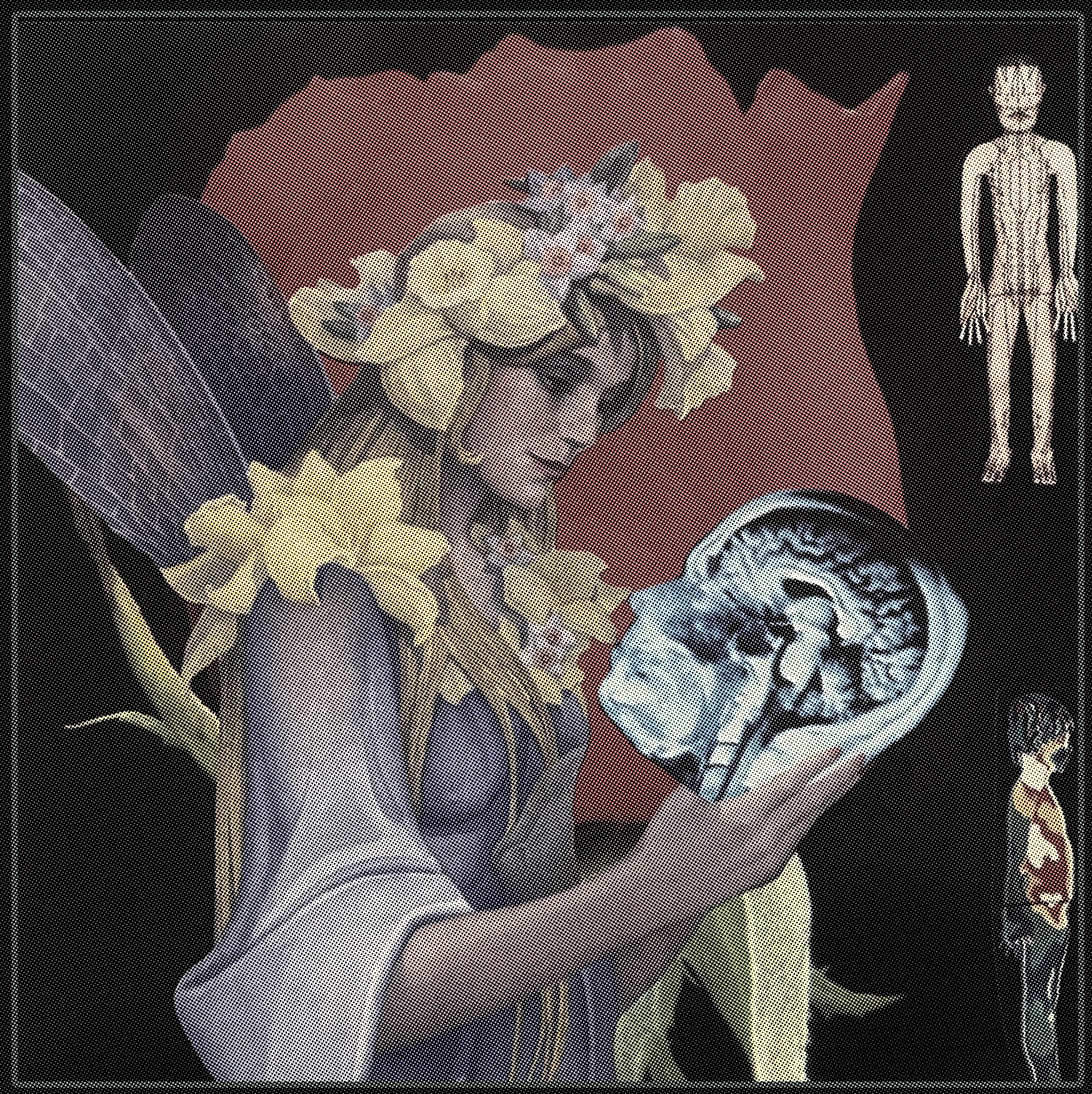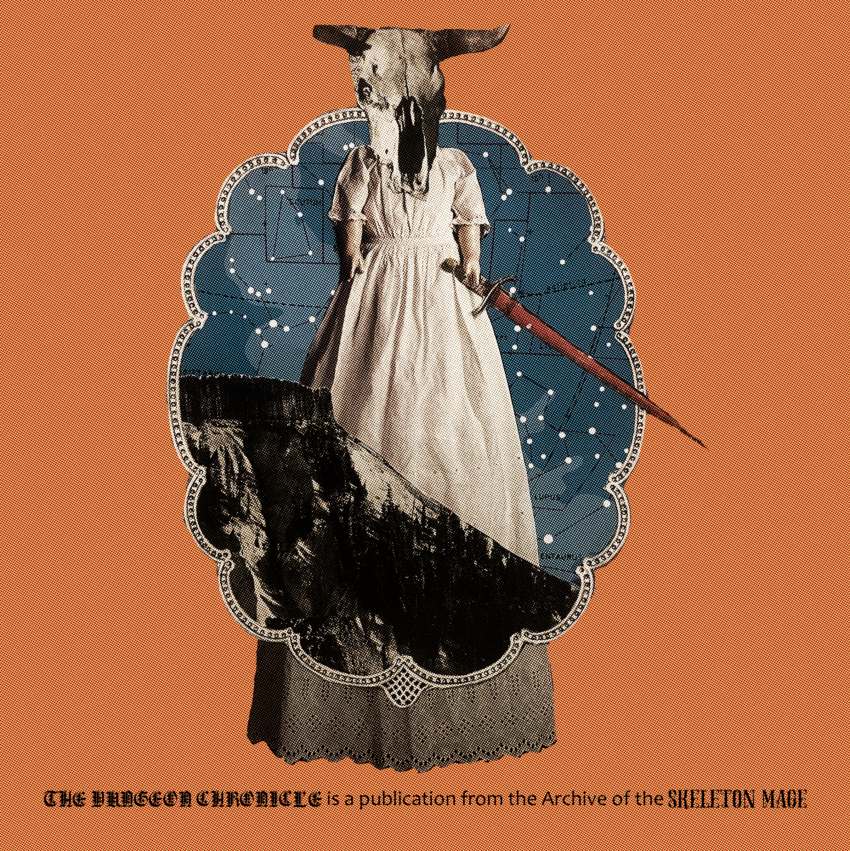Mysterie of the Writers of the Court Letter
The nature of underground publication in music scenes is long as zines being connected to underground cultures and the act of publication in the face of professional standards a torchbearer for the subversive creation. One of the first fanzines, as opposed to proznes or professional magazines, came out of the US Great Depression where the critical science fiction community began corresponding with each other when publications like Amazing Stories would publish their letters with addresses in the back of the magazine. These letters were critical of some of the premises and The Comet, founded in 193o, was arguably one of the first fanzines to be published and came out of enough people in a fandom being upset until they started something new.
The sheer act of writing about something you love and having other people who enjoy the same thing you do read that self publishing is perhaps older than we can recount. The early science fiction fanzines were dedicated to speculative fiction but also a meta analysis on the fandom itself. The underground punk zines of the 1970s and 80s allowed people to circulate ideas and information along channels that felt authentic compared to whatever was associated with the establishment. Zines as a historic concept is material published by the community for the community without oversight or governing body. What has changed is the nature of zines as the internet has taken up a large market of self publication with blogs, social media, and forums allowing people to speak their minds about the things they enjoy (or don’t enjoy). The act of making publications among creative types about the things they love though has not changed.
One of the first DS publications I encountered was the Masmorra Dungeon Synth Zine which ran for two issues in 2016 and 2017. This publication was self produced by a Brazilian creator who put together a black and white fanzine devoted to dungeon synth complete with interviews advertisements and other content targeted to the nascent online DS scene. The first issue also came with a CD compilation which I had in my car for many years which introduced me to artists like Hedge Wizard, Foglord, and Skarpseian. Over time there have been a few dungeon synth zines including aptly titled Dungeon Synth Zine, Barbarian Skull, and The Reliquary Notes. Despite dungeon synth being small in numbers at the beginning there seems to be a fervent desire to write about the fandom from the perspective of fans. There also seems to be a desire, despite the age of the internet, to have those things in a publication-like format, perhaps even self published in physical form.
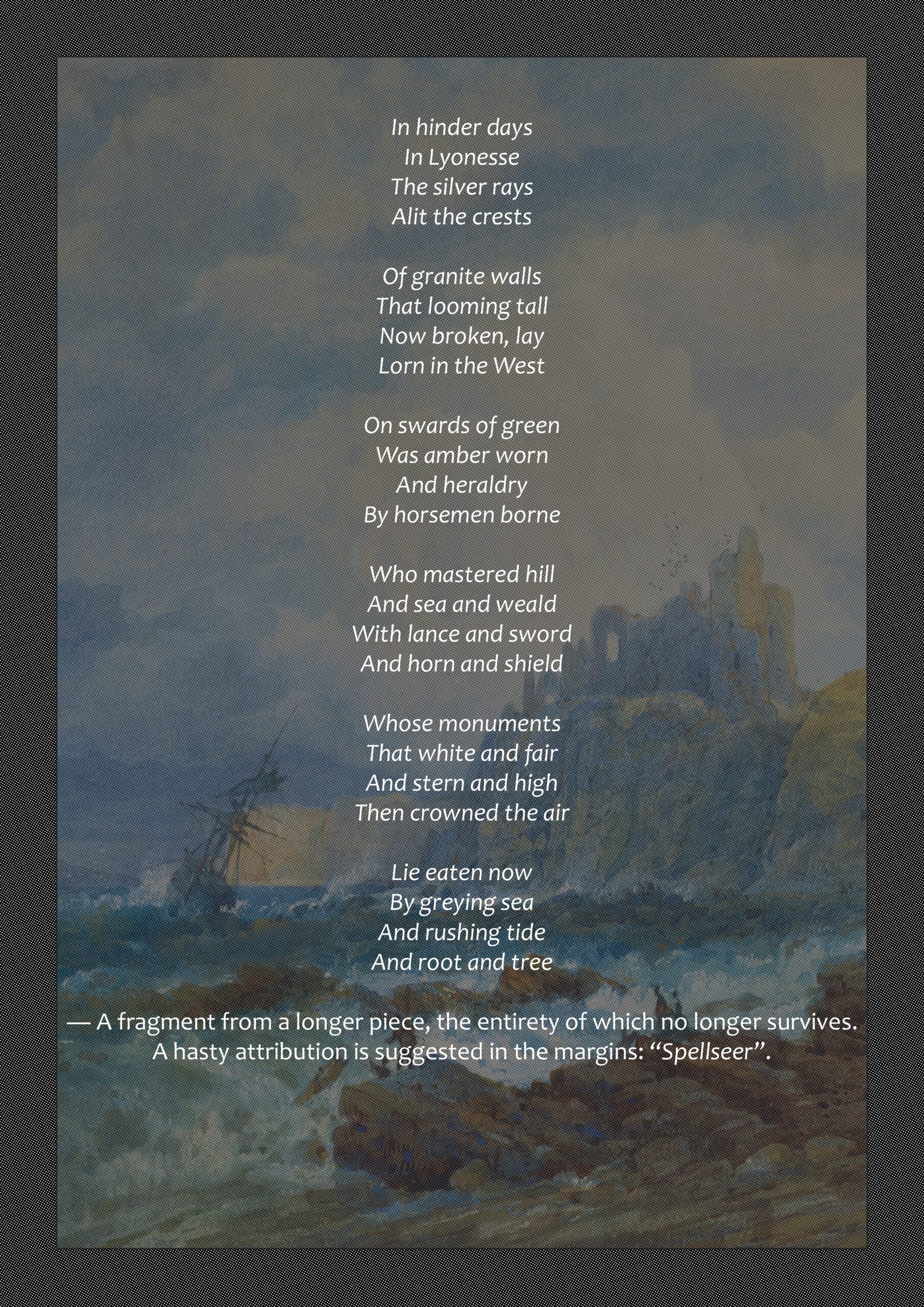
The Dungeon Chronicle is the first issue of a digital dungeon synth publication overseen by Skeleton Mage and includes a list of contemporary creators including Hecate, Infernal Symphony, The Ashen Codex, Amn, Spellseer, and Witch Bolt. The content of the publication is divided among art, poetry, short fiction, gear discussions, and reviews on albums. The publication began on a private discord server and aided by the power of social discussion spaces resulted in a publication which was made by the community for the community. Even though there is obvious discussions which are driven by fandom, including VST reviews, there is a welcoming nature of this publication which seems to only support people wanting to talk about the things they want to talk about and an enjoyment for. there are also fun in character moments like the opening Letter From The Editor.
I bid you welcome to The Dungeon Chronicle, seeker of arcane secret Archive, cataloguing the history and stories of ours and other worlds, I have come to the realisation that my work here is futile if its results are only ever known to me. Thus, I have sought the assistance of other fellow scholars and granted them access to these secret vaults to take on a new enterprise: the publication that you are now reading.
Skeleton Mage has been a source of fascination for me as their creator has not only been making albums that are intriguing but no heading up a publication with diagetic elements including the Dungeon Chronicler being an in world publication complete with description in the letter to editor which precedes the contents of the first issue. In our conversation Skeleton Mage referred to this character as some sort of Virgil or Cryptkeeper which narrates and guides the reader among strange new worlds. Dungeon synth has been fun for the past decade because of its seemingly endless reserve of enthusiasm for storytelling. This leads to some immersive narratives which see the creators as characters in their own world.
The concept behind my project Skeleton Mage has always been about a character that documents the history and stories of a fantasy world, so it was easy to fit The Dungeon Chronicle within that lore. In the beginning I was planning to do everything on my own, but I’m part of a small community of DS artists on discord managed by Hecate, and when I told them about my idea he a few others were interested in joining in and that’s how it ended up expanding into a community-based effort. think it’s an objective fact that literature has always been one of the main influences in the DS genre as a whole. After all, how many projects are there inspired by Tolkien, for example? There are also many artists who include their own short stories or poems alongside their musical releases. It feels like the perfect setting for a publication that discusses music and fantasy while also being a work of fantasy in itself.
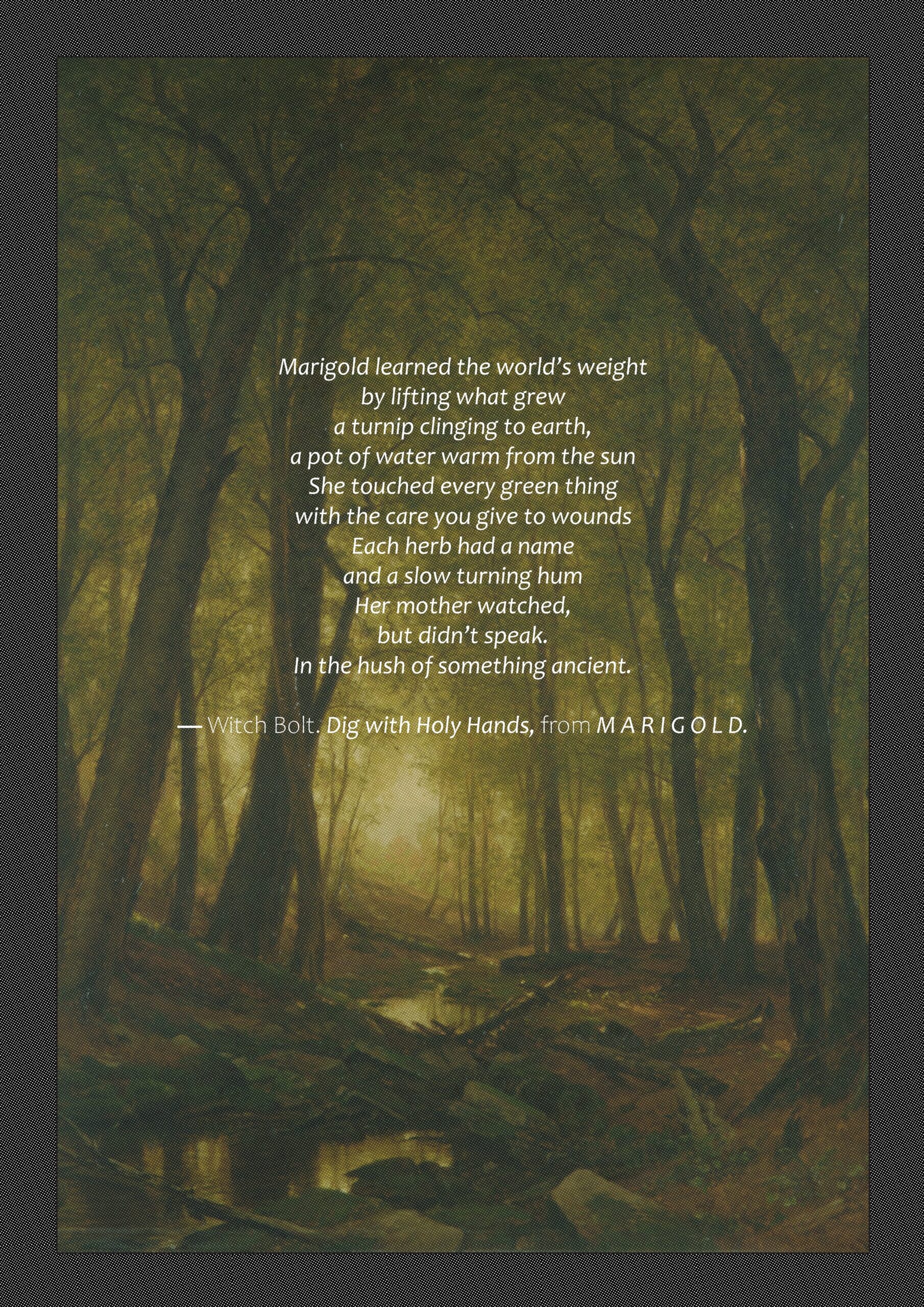
Since I enjoy looking and talking about art, the full page visuals by Hecate were intriguing because they showcased an almost handmade collage effect. After talking with the creator I learned these collages were in fact done by hand and the creator shared some work in progress pictures. We found a mutual admiration for outsider artist Henry Darger as well as musician Robert Pollard along with a shared fascination in esoteric subjects with art. Even though The Dungeon Chronicle is a digital publication since in 2025 it is perhaps more cost efficient to make a digital publication than physical, the artwork done by exact-o knife and glue is something that gives this publication and grounding effect and speaks to the history of zines that were probably done by collage. The artwork could be digital as well but the fact it was done by hand in reverence to the punk magazines and artwork which repurposes found elements into surreal tableaus.
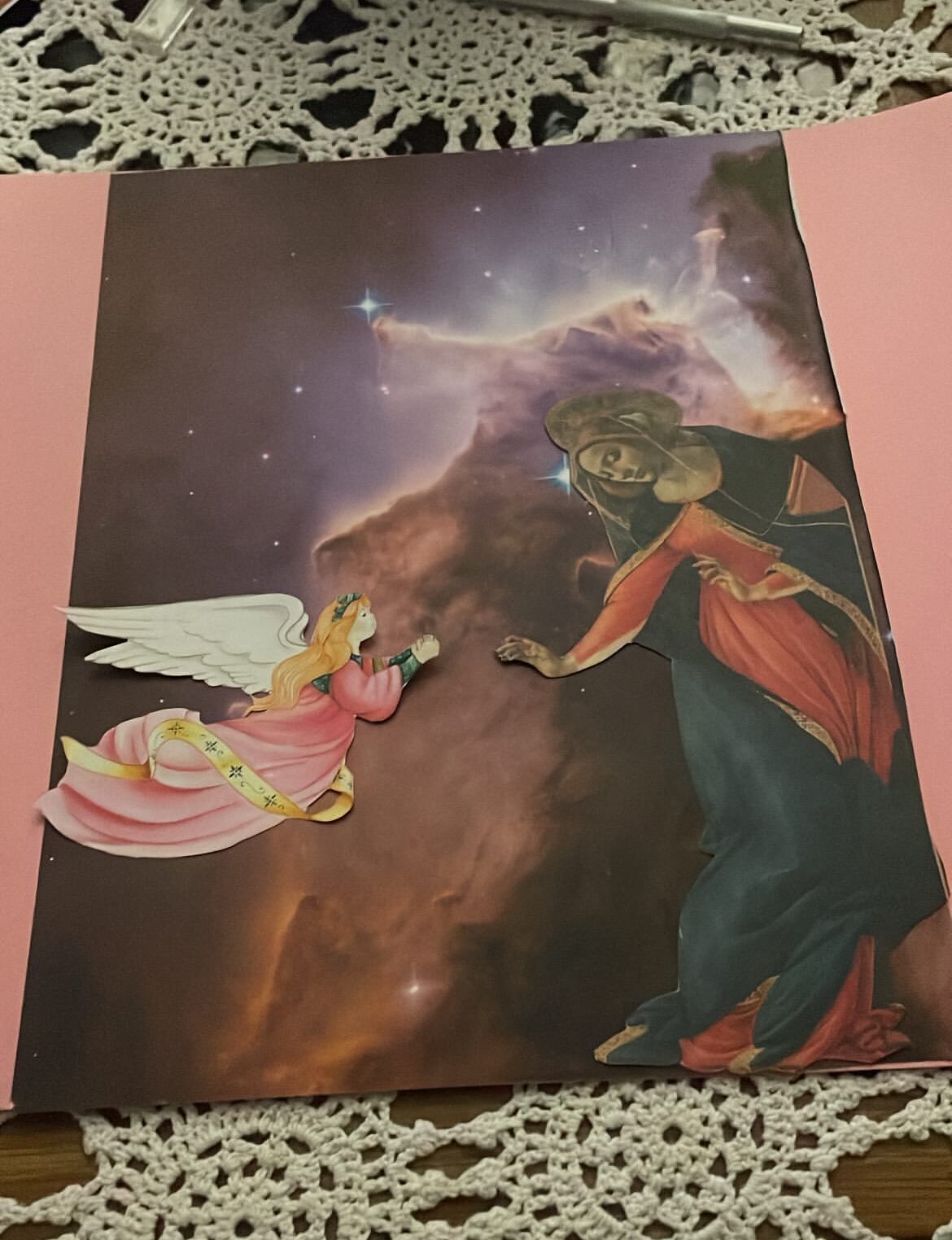
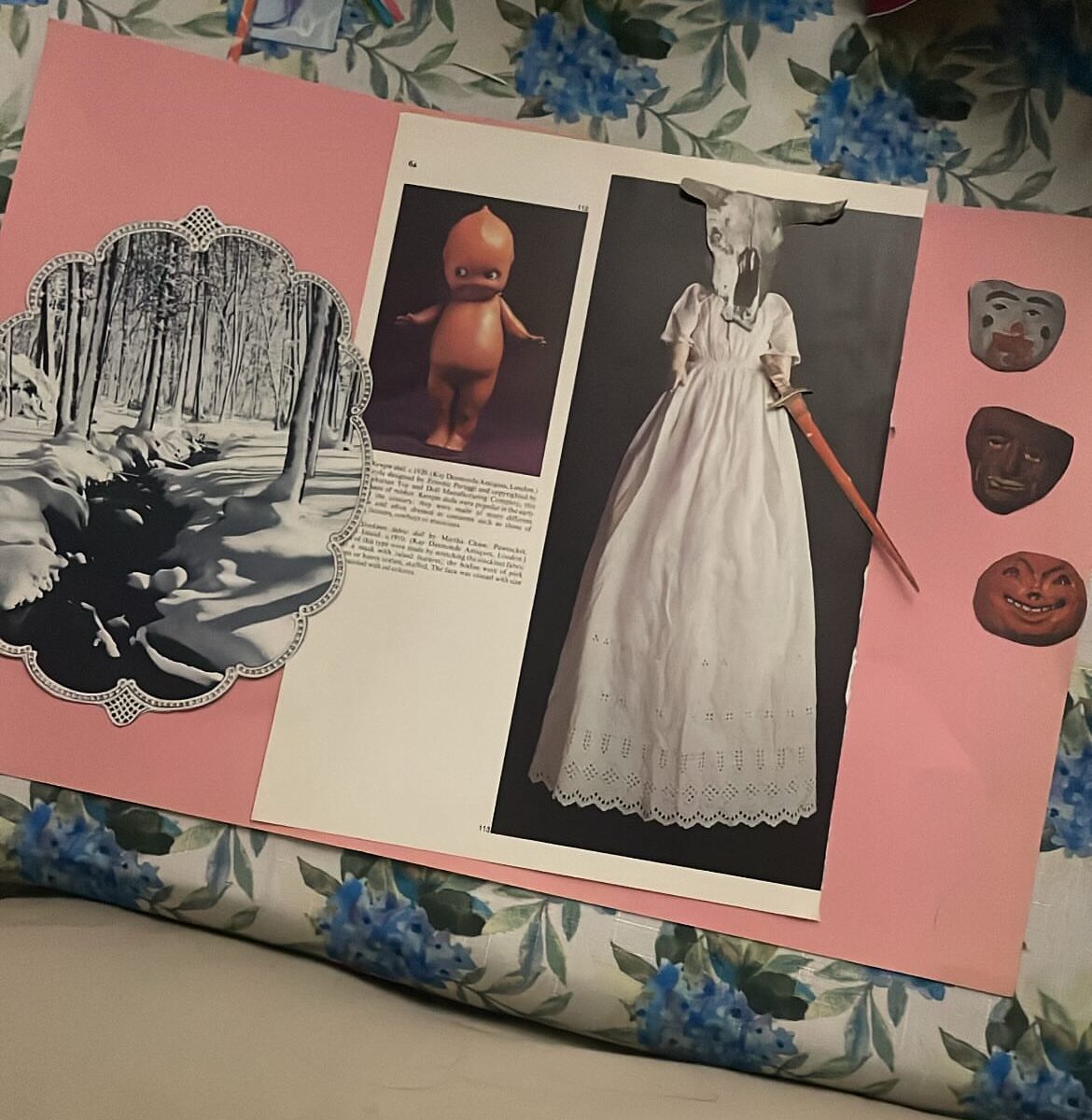
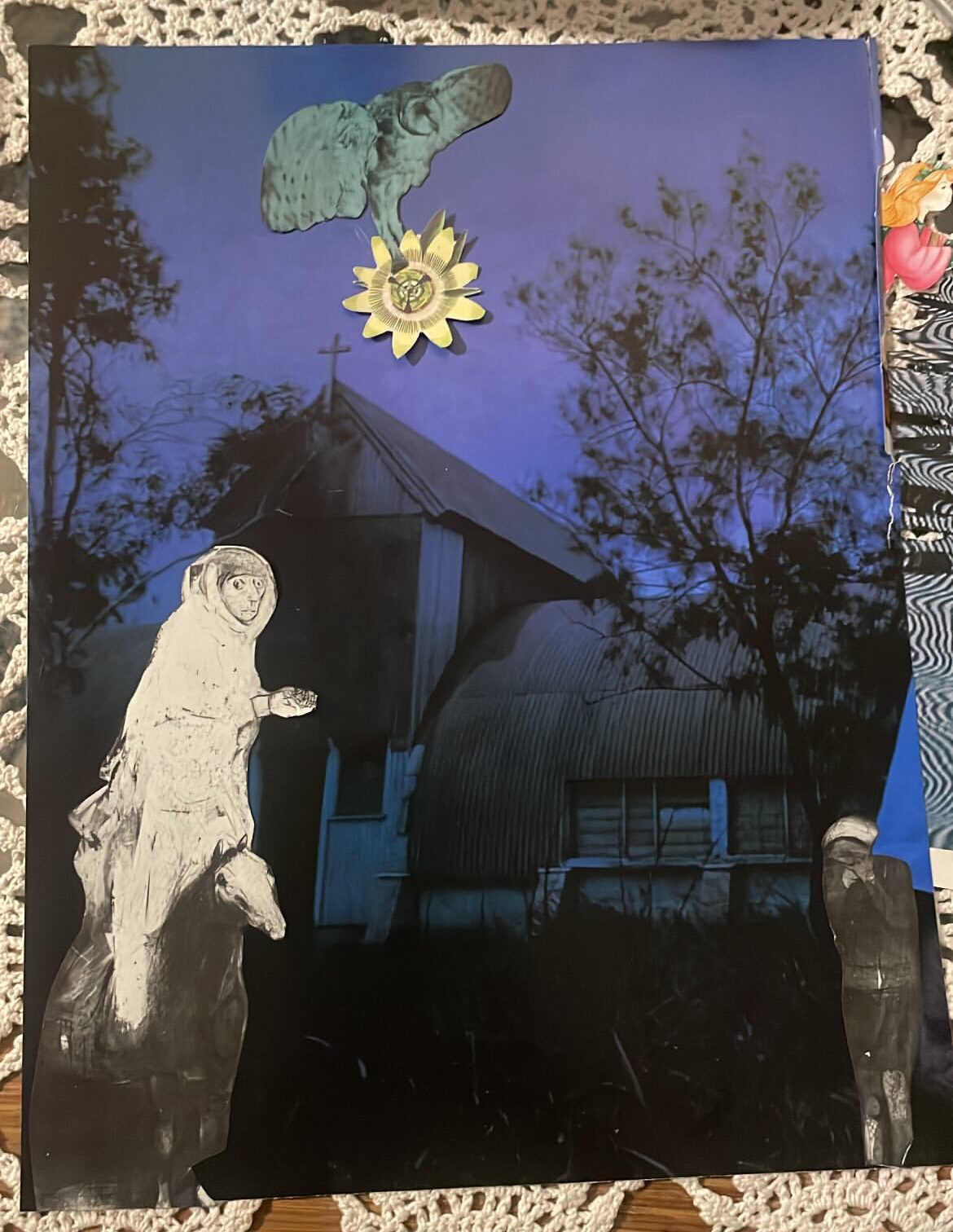
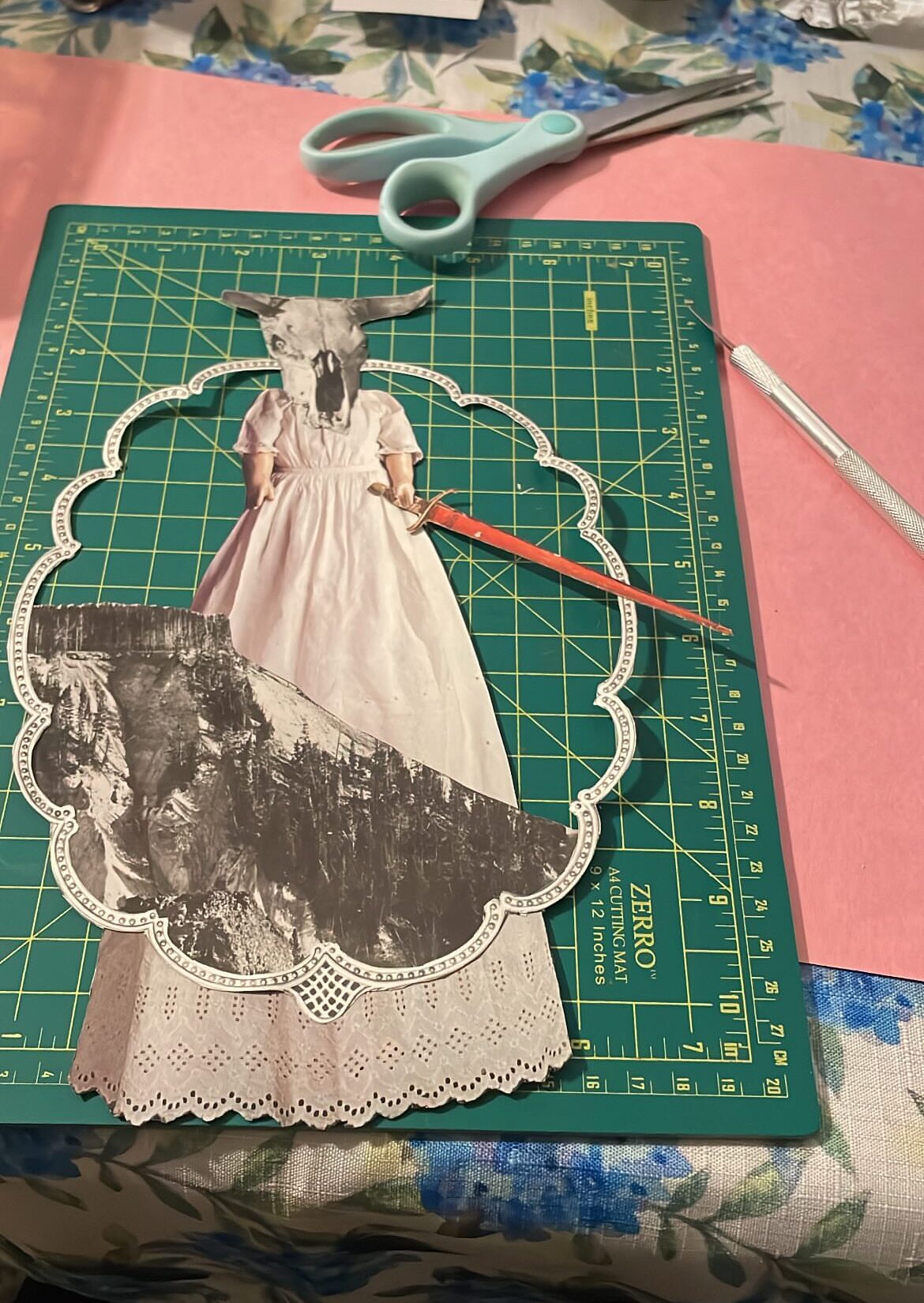
I spent the better part of my time waiting for an oil change at the car dealership looking up if there was any sort of medieval style writers guild that I could base this article around. For some reason I enjoyed the notion of there being a historical precedent of fantasy writers that I could easily open the article. What I learned is the notion of guilds isn’t a craft union, like I thought, that fought for the well being of its workers rather a regulatory practice for businesses to restrict a glut of competition. Then I got caught reading about Uber’s effect on the taxi industry in New York City. I couldn’t find any way to make this profound and not just me looking at Wikipedia and r/askhistorians learning something that was undoubtedly taught to me in 7th grade history class.
What I did find was the “Mysterie of the Writers of the Court Letter” — one of the oldest guilds of scribes and scriveners founded in the 14th century. I learned a scrivener was some sort of contracted secretary in an age where reading and writing was exclusive to a certain class. I also found out that an archaic word for trade was “mysterie” which my autocorrect always wants to change. I for some reason enjoy the notion of “myterie” meaning trade or a craft when its common use somehow is connected to something unknown. Despite me writing about dungeon synth for the better part of a decade I was unaware of this publication until it was sent to me after it was done. I never want to think that I should be aware of everything that is going on in DS and am quite pleased whenever something like a zine is made on some far off place and brought to light. I feel the nature of DS being decentralized from one one place or any one overseeing body allows it continue its evolution being new and exciting to new and exciting people.
Below is the Bandcamp you can read the first issue from the Dungeon Chronicle from a free download as well as a Google drive link. The Bandcamp also comes with music you could perhaps play while reading. I hope for more people to do more things in the future since it is just a continuation of fan led art which will be a chronicle for people in the future. I have learned that a second issue for The Dungeon Chronicle will be done for the first of October which I am sure there will be more interesting things to read. For now enjoy the work of artists doing things for free for nothing more than the sheer joy of creation.
